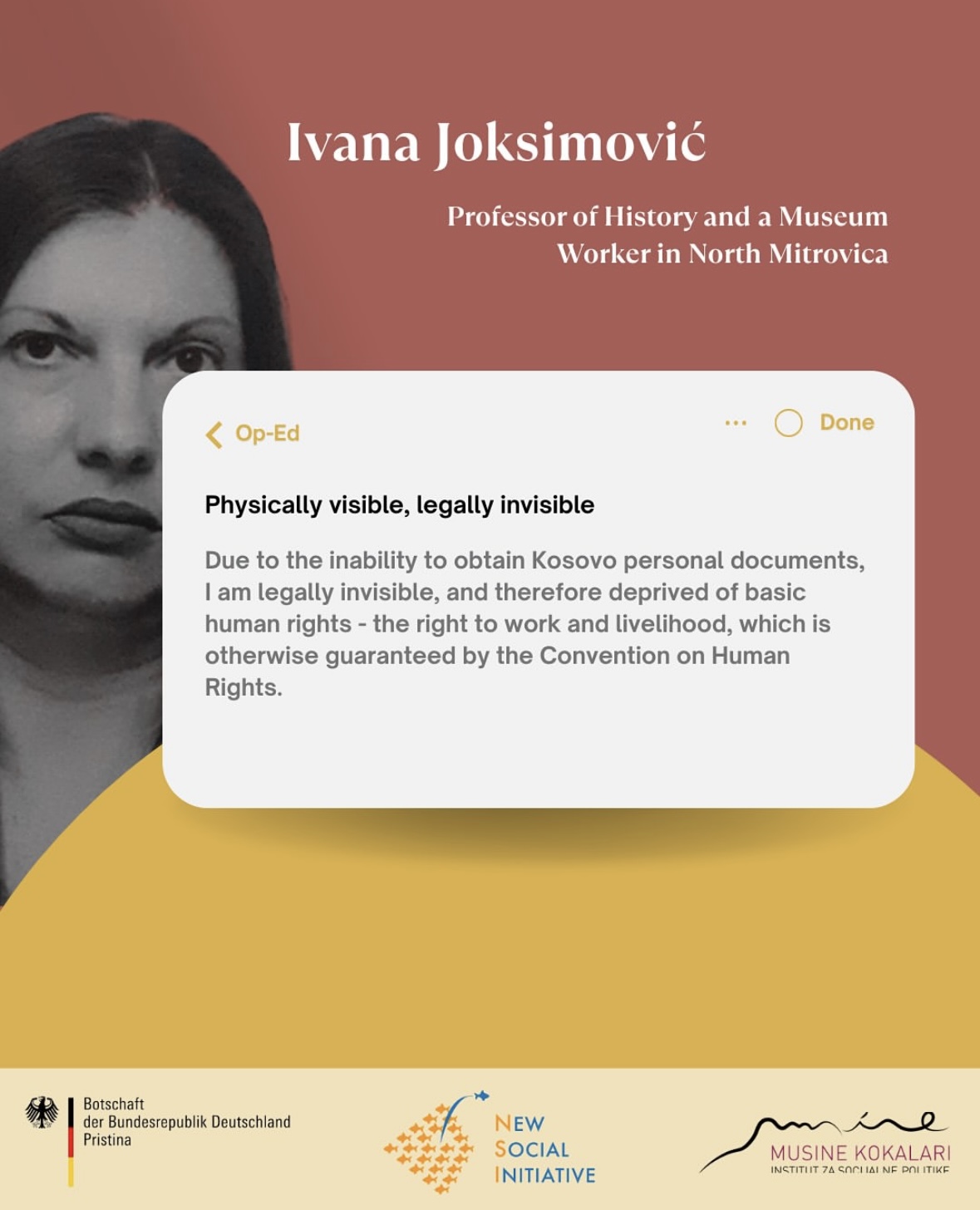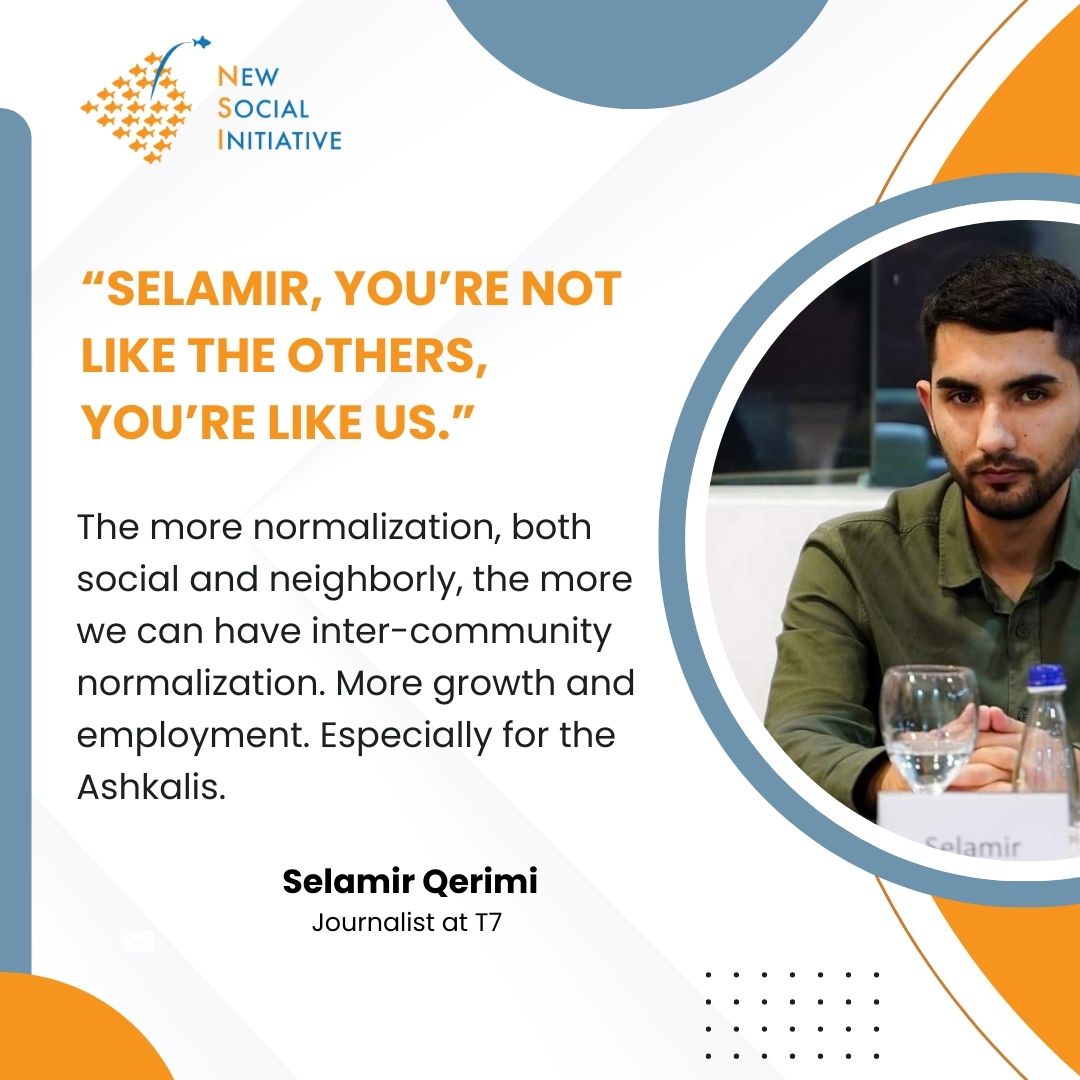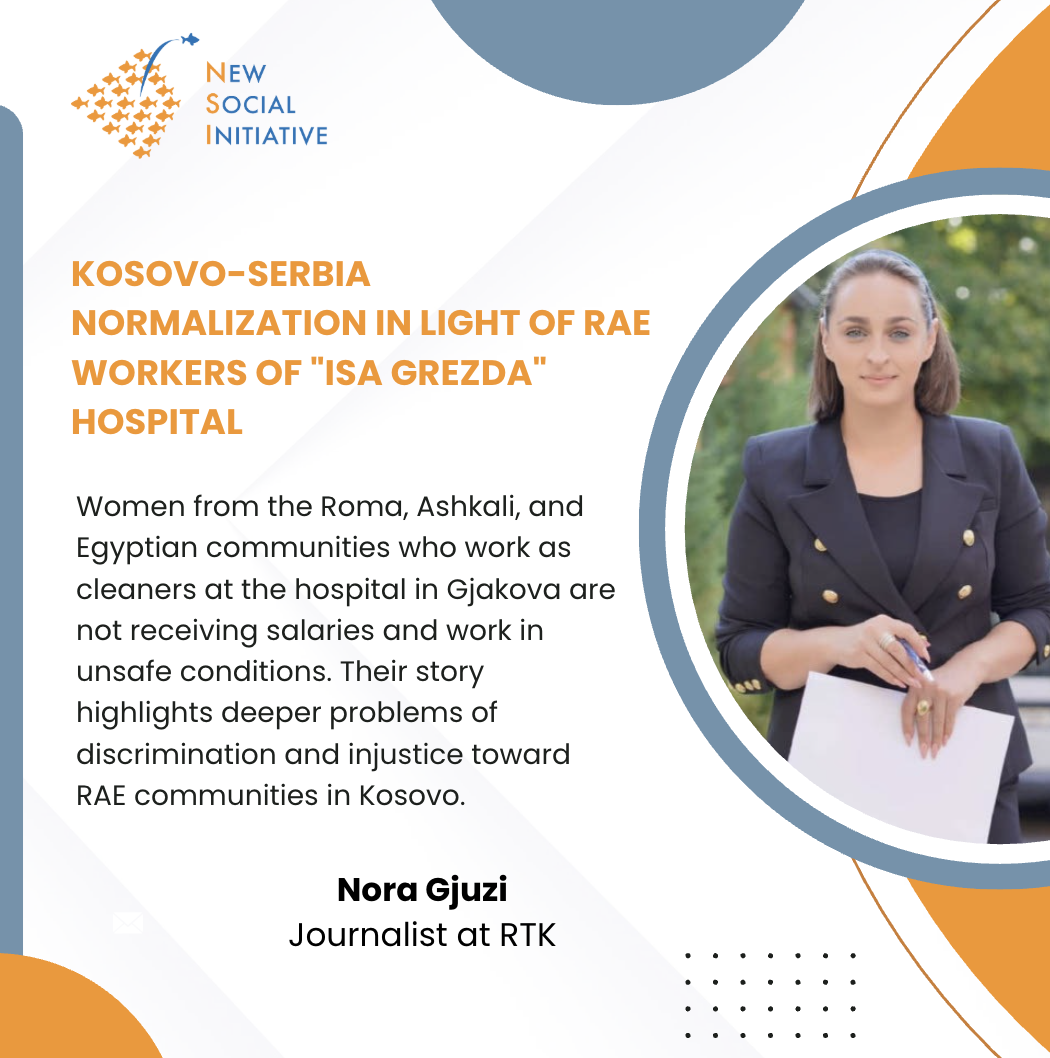2020 presents a chance for the continuation of the dialogue, but the chances for reaching the final agreement are slim. If the agreement does not happen this year, the question is whether and when it can happen.
Context
The year 2020 was described as the decisive year for the dialogue, mainly for one reason: in the past two years, Belgrade-Pristina dialogue received attention of the US administration. The reason Donald Trump’s administration took more interest in the dialogue lies in its need for international diplomatic success in the US election year.
According to rumors and trial balloons, it seems that Vučić and Thaçi came to a certain solution at the end of 2017 which included the territorial demarcation / division of Kosovo / the exchange of territories, in exchange for official Belgrade’s recognition of the new territory of Kosovo. Both Vučić and Thaçi had their reasons to agree to this.
The president of Kosovo sought refuge from the possible indictment of the Special Court by positioning himself as an internationally recognized key actor in a peace process in Europe. In addition to this motivation that lies in the personal reasons, it has become evident that, despite the fact that it has been recognized by numerous countries, Kosovo cannot overcome the status quo, without the recognition of the country it seceded from.
On the other side of the negotiation table, Aleksandar Vučić built his power on the international support for his cooperativeness on the Kosovo issue, the problem which needed to be solved at one point. Therefore, a conversation involving territorial partition and Serbia’s recognition of Kosovo happened for mainly one reason: currently, there are no political elite in Belgrade that can de jure recognize Kosovo in its current borders and survive politically – not even Vučić, with around 50% of voters support, could do this. Anyone who understands the dynamics of Serbian society can confirm this. On the other hand, even solution based on recognition of divided Kosovo with additional measures for the protection of the Serbian cultural heritage in Kosovo would also be very difficult for any Serbian political elite to survive – but Vučić would be able to do it as someone who controls the system and majority of resources needed to manage and control the narratives.
However, such an idea, despite numerous denials, received some attention of the US administration, probably because it could be the fastest way to conclude negotiations. On the other hand, Europe’s main actor, Germany, has vehemently opposed the solution, fearing further consequences in the Balkans.
Due to the positions of the stakeholders, this idea came to a halt in Pristina. The situation in Pristina now reminisces Serbia in Koštunica’s time, 13-14 years ago: politically pluralistic society, where political parties are unable to usurp public discourse and the society that points the finger at the constitution, defending its holy land. In addition, Kosovo society was used to numerous diplomatic victories when it came to the international affirmation of Kosovo’s independence, which is the reason why such solution encountered tremendous resistance of the public in Kosovo.
As expected, the resistance to this idea was supported by Germany. Germany’s pro forma reaction to Ramush Haradinaj’s decision to introduce a 100% tariff, which has been blocking the dialogue for a year and a half, as well as a later support for Albin Kurti’s government to focus on the rule of law and economy, with the stance that the dialogue can wait, is another indicator that the solution entailing territorial change has been discussed. If the solution did not entail the territorial approach, Germany would have stood by the US and pressure Kosovo government to abolish tariffs and continue the dialogue. The goal was to temporarily postpone the dialogue and solution in hopes that after the US Presidential election, Trump will not be re-elected.
What Covid-19 means for the future?
The Kosovo government led by Albin Kurti was overthrown due to the disagreement between the coalition partners over methods of combating the coronavirus outbreak, but also due to Kurti’s refusal to unconditionally abolish 100% tariffs, which was a prerequisite for the continuation of the dialogue. US Special Envoy for peace talks between Kosovo and Serbia, Richard Grenell, also pressured the two sides of the political clash.
The possibility of forming a new government in Kosovo without Kurti’s ”Self-Determination” can lead towards restarting the dialogue, but not towards the solution. The new government, without Self-Determination whose rating, according to the polls, increased to over 40% after the overthrow of Albin Kurti’s government, will not be the government that enjoys full confidence, and any solution involving difficult compromises will be an equivalent to a political suicide of both the government and President Thaçi.
Furthermore, two other factors are not conducive to the potential solution this year. Firstly, the elections in Serbia, scheduled for April, but delayed until further notice due to the coronavirus pandemic, will be held on June 28, at best, or unless the epidemic in Serbia is suppressed within the next 6 weeks, in fall. Keeping this in mind, the Serbian Progressive Party will have a difficult time resolving the Kosovo issue shortly before the elections. Secondly, perhaps the most important factor that does not bode well for the solution is the current epidemic of coronavirus in the US and the fact that, because of it, the potential political solution of the Kosovo issue certainly would not be that politically beneficial to Trump administration as it was two months ago.
This poses the question: Why did Grenell exert pressure to overthrow Kurti’s government? The reason could be of personal nature. Firstly, Grenell has a credibility problem in US public, so by solving the Kosovo problem, he wants to present himself as a trustworthy diplomat who delivers. Secondly, it is possible that due to Kurti’s opposition to Grenell, this was just an act of submitting and putting a certain political factor into their place.
Finally, certain circumstances in the time of pandemic go in favor of a potential solution this year, and therefore it should not be completely excluded. Difficult compromises would certainly produce dissatisfaction in both societies, which, under normal circumstances, would certainly manifest through street protests. During the pandemic, when public gatherings are prohibited and people fear it and curfews are in place, the protests could be nothing more but drumming from balconies. The risk of ethnic conflict in Kosovo would be minimized.
What happens after the US elections?
The coronavirus pandemic will have devastating effects on the world economy, having the potential to be the most significant global change after World War II. Pandemic-related topics will be dominant at the global level, and the question is: How much political interest will political elites of the global powers have in resolving Kosovo issue? However, let’s not forget Grenell. If he continues to hold a high position in the administration even after the US Presidential elections, he can use Belgrade-Pristina dialogue to continue pushing his personal agenda.











